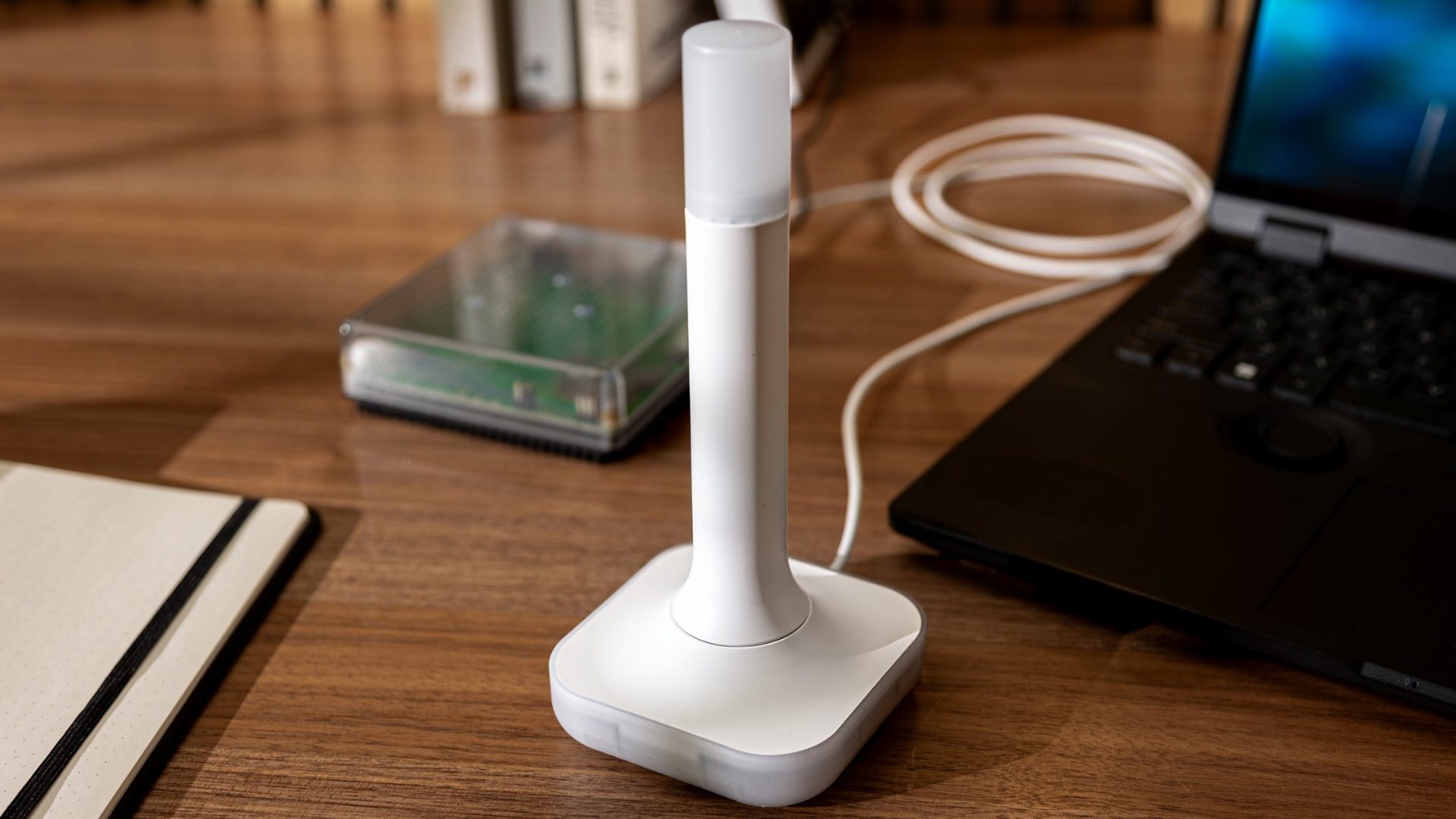Alcohol has been part of human history for 10,000 years, which means that we have had plenty of time to tell our stories. all kinds of crazy stories about him. Little tips passed down between friends, popular beliefs, miracle remedies to avoid a hangover or to wake up someone who has taken a little too much trouble…
We all know at least one of these “ amazing ideas “, but the problem is that most of them have no scientific basis. Here are three myths that die hard, which we will methodically dismantle, in the light of science.
Drink order doesn’t matter for hangovers
« White then red, nothing moves, red then white, everything goes to hell », a very French saying which has a certain charm, but no scientific validity. He would assume that depending on the order in which you swallow your drinks, your body will absorb the blow better.
The National Institute on Alcohol Abuse and Alcoholism (NIAAA) is categorical on this point: it’s false. « In general, the more a person drinks, the more severe the hangover will be “, summarizes the American agency, “ regardless of the type of alcohol ».
A German team from Witten/Herdecke University even carried out this study, in 2019, with a very Germanic protocol in spirit. They divided volunteers into several groups, with some drinking beer first and then wine, others doing the exact opposite, and a third group consuming only one of the two alcohols. Each participant was then invited to return to reverse the order of consumption, in order to eliminate any individual bias.
The researchers then assessed the severity of symptoms the next day (nausea, fatigue, migraine, thirst, difficulty concentrating) using a standardized questionnaire used in alcoholology. Result : no difference between groups. Only the degree of drunkenness perceived by the participants was found to be the true predictor of hangover severity. If you want to alternate between alcohols, you can, but in moderation of course.
Alcohol that heats you up: the most misleading thermal illusion
When you feel hot after a drink, it’s completely normal, but don’t take it as a sign that your body is heating up. it’s the opposite: it even loses its heat. Krishna Vakharia, a British doctor, explains: “ Red cheeks, sweating and hot flashes make us feel hotter, while our internal temperature drops ».
In 2005, this Japanese study demonstrated that after ingesting alcohol, surface blood circulation increased, followed by a brief burst of sweat. Twenty minutes, body temperature began to drop to achieve on average 0.3°C less compared to participants in the control group who simply drank water.
In reality, if you feel hot after a drink, it’s because your body suddenly sends blood to your skinwhich releases internal heat instead of retaining it, causing that misleading sensation of heatstroke. The next time someone hands you a bottle of vodka on a winter evening and says, “ Here, it will warm you up ! “, you will know what to expect.
The famous “coffee that wakes you up”
Here is another common reflex: give coffee to someone who is a little too drunk to get them back on their feet or sober up. This obviously doesn’t work, in no case does caffeine counteract the effects of alcohol.
This 2010 study conducted by the Boston University School of Public Health submitted 127 volunteers at four types of beers : alcohol-free, alcohol-free but caffeinated, classic alcoholic, and alcoholic with added caffeine. Once the drinks were consumed, the participants were placed in a driving simulator reproducing real situations: maintaining the trajectory, ability to react to an obstacle, speed, ability to hold the steering wheel and remain vigilant.
The researchers then compared the performance of each group, objectively measuring any errors that were made. The caffeinated drinks, unsurprisingly, didn’t improve anything at all: the volunteers felt more awake, but continued to drive just as badly as those who had drunk alcohol alone. Remember this: your only allies if you plan to sober up and come back to yourself are time and patience, and nothing else.
Why does alcohol suffer so much from these kinds of popular beliefs? Certainly because we have been around him for a very long timeand that we have a nasty habit of generalize our feelings to make them general truths. Over 10,000 years, this is unforgiving, and these false interpretations were already entrenched before modern physiology does not provide real answers. And then let’s be honest: a saying is always easier to remember as the conclusions of a scientific study.
🟣 To not miss any news on the WorldOfSoftware, subscribe on Google News and on our WhatsApp. And if you love us, .










